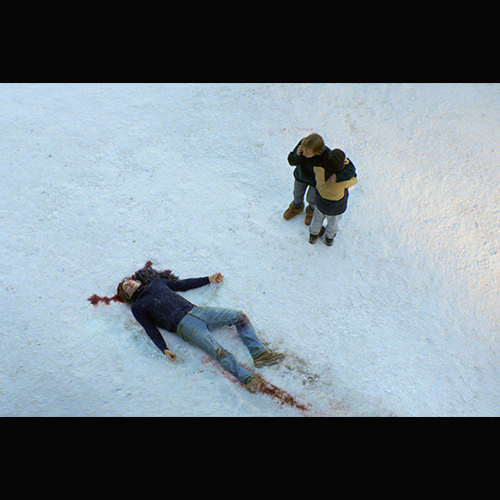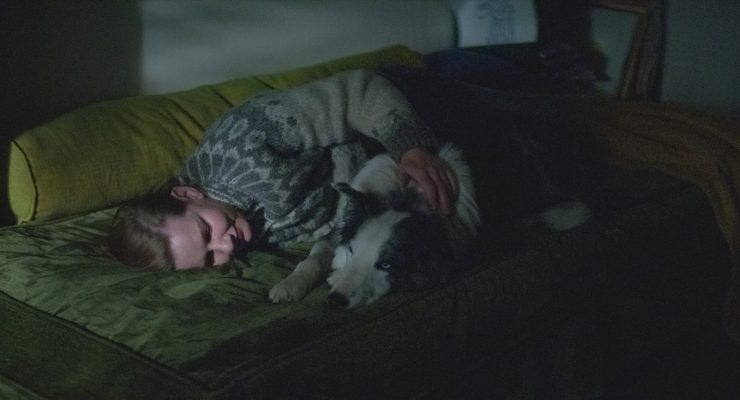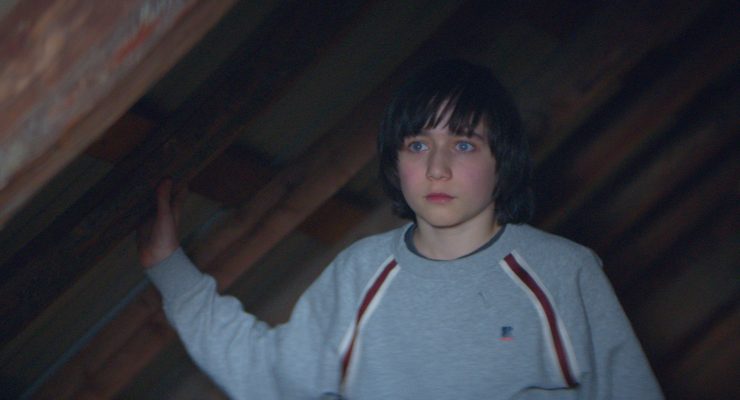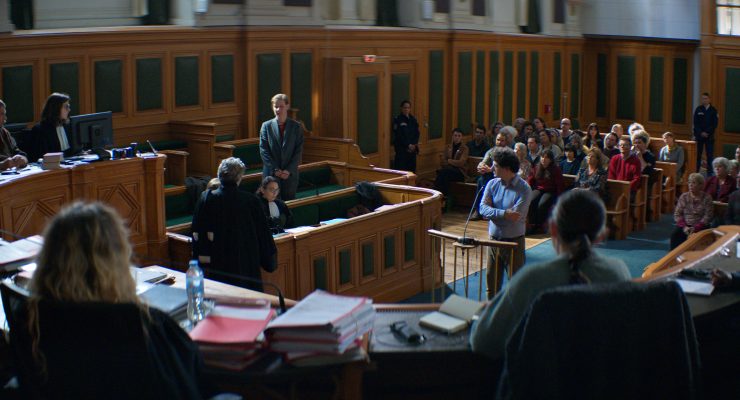A magnificence of feminism

I should mention in advance that this article will not leave room for opinions about who the murderer is or not. The article focuses on the male-female relationship on the other side of the death medallion. One of the first things to analyze is the man’s attempt to protect his patriarchal thinking and his fierce struggle against the woman. This thought has historically existed as a system and has become a tradition. In history, to strengthen the power of the king, he was given the name of the father of his subjects, and they even exceeded the limit and elevated him to the level of God. This has led to the analogy of killing a king, being a patricide and a god-slayer. This identification between the father and God has made the father’s role in the family beyond the visible level. In the film, the death of the father leads to the meaning of freedom for people who may fall under his rule. Sandra’s cool demeanor throughout the film is not just about her husband Samuel’s death, but about the court’s ruling for or against her, and her enjoyment of her freedom.

Samuel’s tragedy in the film is that he can’t prove his existence, he doesn’t reach his goal, or that he doesn’t have a goal which is important to achieve in life. In the film, as if all the events begin with Daniel losing his sight due to an accident and end with death. As far as we understand, Samuel’s irresponsibility turns Daniel into a victim. But there is a point, he sends someone else to bring his son home. What remained hidden was Samuel’s feeling that he had lost his dominance in the family (having to take care of his son more than Sandra) and resisting this under the guise of a kind of irresponsibility, which ended in tragedy. Sandra sees him as the one to blame for everything that happened, and Samuel sees heras the manipulative and accusatory party. This is clear from their audio recording in court. Sandra’s conviction of him, her radical opposition to patriarchy, bring out in her an unstoppable hatred and violence. According to the woman, Daniel is blind because of Samuel and must serve a sentence. It is the mother’s love for her child that is first seen here. To explain this, we need to take as a basis the transition from the concept of “we” to “I”, which is important in the relationship between men and women. Sandra’s narcissistic self-worth leads to the breakdown of the traditional family model. He sees Daniel as an extension of her “me”. As an outsider, that is, in contrast to Samuel, his son forms part of her “I”, and is closer to her. Parents try to inculcate in their children the activities that “I” desire but were unable to implement. Sandra`s revealing her abilities when talking about Daniel namely in a court is a given explanation.

Another point we come across in the film is the process of “dualization” of gender. In other words, the superiority of masculinity or the role of masculinity is meant for women, and the opposite for men. It is clear from the dialogue between Samuel and Sandra that the change of the woman caused the change of the man. In a metaphorical sense, the woman stood in the center and formed a circle around her. This circle includes Daniel, Samuel, his lawyer, and some of the women she has had sex with. Within this circle, there is a shift in both vision and feeling. For example, these 3 men in woman’s life also have long hair. Samuel takes on the role of the opposite sex, revealing his inner feelings, anxiety, and sadness. The man who accused him in court has no hair. In the scenes where Sandra is confronted with him, she has to suppress her dominance and shows herself to be powerless. One of the reasons for this can be the fact that the other side, as a man, does not allow any advantage of the second gender.

Sandra, when talking about Samuel, touches more on intellectuality. Especially the fact that the events take place in a remote mountain house, the relationship between nature and human was given as an irony by the director. Although human always says in words that she/he is a part of nature but does not want to accept it as a fact. It is characterized by the separation of human from nature and the natural, giving preference to the mind. Sandra accuses her husband of coming to this house. She pretends to be disgusted when he talks to herabout their sex. It is at this moment that the duality of women’s thinking stands before us. Sandra does not want Samuel’s dominance and also “disgusted” by his emotionality. All situations lead to the loss of balance in the relationship.
Samuel shows some psychological violence not only against Sandra but also towards Daniel. In one scene, Samuel threatens Daniel with his closest assistant, his dog Snoop, saying that he might die. Actually, he refers to himself over the animal. He tries to say that he is tired and Daniel is the reason for not being able to maketime for himself.
As a pet, Snoop simply serves the child and becomes a kind of his eyes. Maybe he is the one who saw how Samuel died. Plato’s attitude to keeping animals that will serve humans is also clearly described in the film. Snoop has a duty and must fulfill it for the rest of his life. Like Samuel.
Another struggle position of Sandra appears in the language. Sandra is German, and Samuel is French. English is spoken in the family. The root cause of the woman’s problems with her father since childhood is that she expresses her hatred towards him by not speaking German, and on the other hand, she avoids speaking French with the same hatred. Sandra does not want to enter the world of any man around her. Both Samuel and his lawyer, who have feelings for him, speak to him in English or are forced to.

Another important point in the film is the approach. The main feature that distinguishes this film from the court scene in the feature film “Rashomon” by director A. Kurosawa is the lack of approachat the moment of the incident. No one has a point of view or participation during the incident. The film deprives the audience and other characters of this. It is impossible to identify the viewer’s gaze with Daniel, who may be the only witness of the event. Because he imagines the moment of death and does not see it. This is a metaphor for eliminating the male gaze in feminism.
In short, the film was a pictorial solution to the deadly, transgressive struggle between man and woman.
Shalala Badalova
